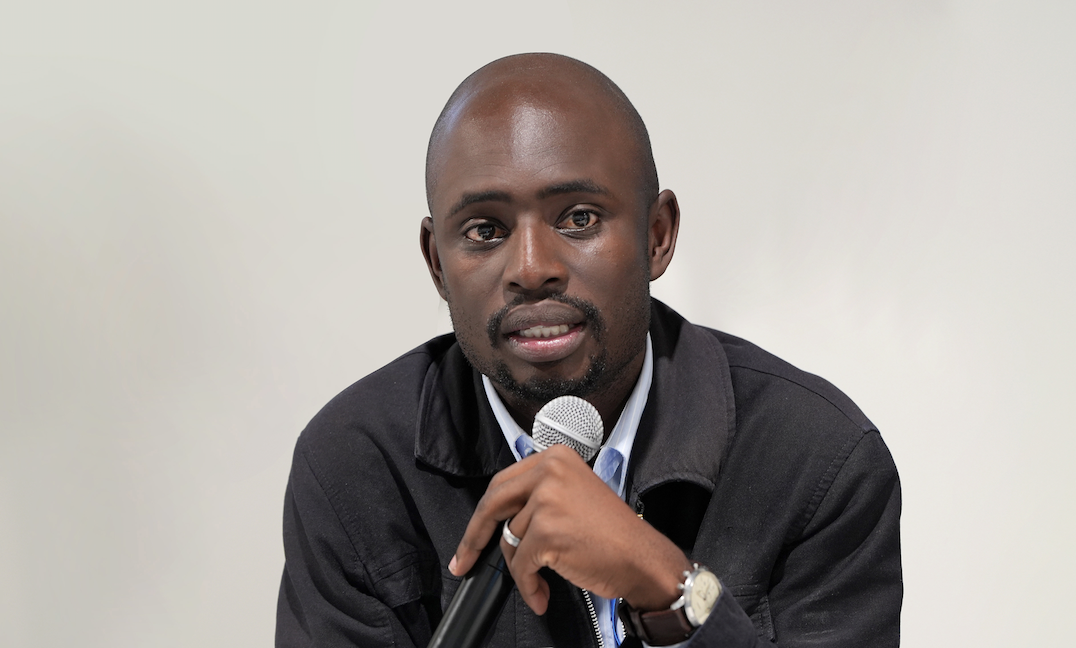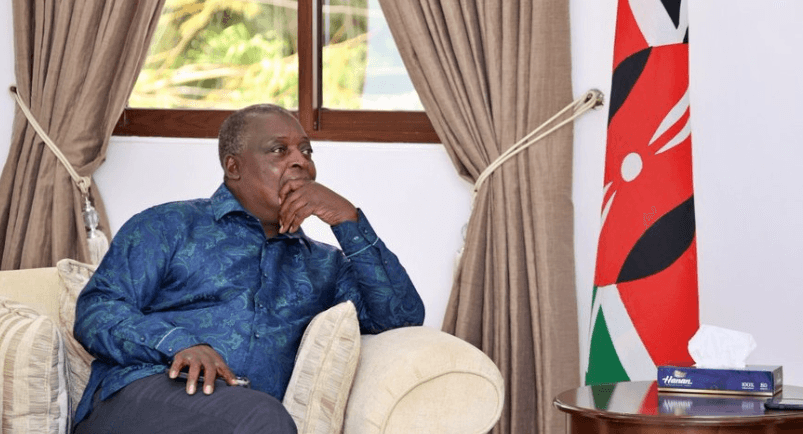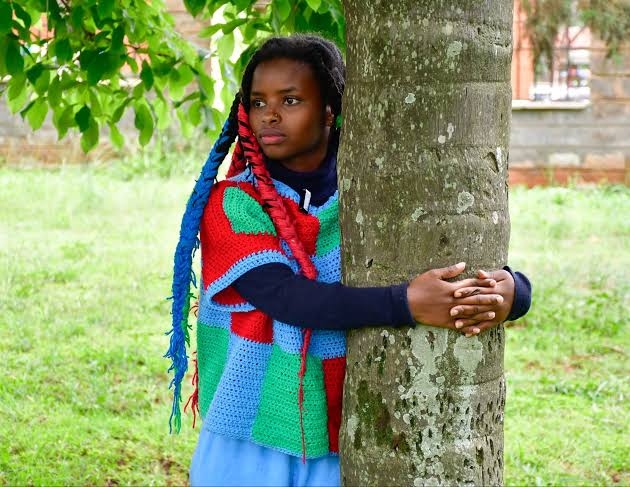

Unlike the finance negotiations that ended with a weak deal at COP29, those on the Just Transition Work Programme (JTWP) ended with no agreement.
This lack of a deal, however, is perhaps a positive outcome for Africa and the Global South as we look ahead to COP30.
But what is the JTWP and why is it important?
Negotiations under the JTWP aim to shift the global economy towards a climate-resilient model that supports workers, communities and industries impacted by climate change.
It will also ensure socioeconomic equity and environmental sustainability.
Negotiations under the JTWP aim to shift the global economy towards a climate-resilient economy in a manner that supports workers, communities and industries impacted by climate change.
It ensures socioeconomic, equity and environmental sustainability.
A just transition promotes fairness, international cooperation and shared prosperity while addressing the challenges associated with the transitions by cushioning people.
Under a just transition, undue job or income losses for workers are eliminated and the degradation of the environment reduced.
Significant challenges confront Africa in its quest to transition, including the economic disruption of moving away from fossil fuels, persistent energy poverty and a limited fiscal space.
These are compounded by the structurally unfair international financial and trade systems, the debt burden, lack of the requisite technology and the climate crisis.
The continent also lacks access to the economic opportunities associated with the transition owing to the existing industrial and trade policies that keep Africa at the bottom of the global economic ladder.
African nations had hoped these negotiations would facilitate means of implementation, including finance, technology development and transfer and capacity-building support.
They also hoped this climate finance would come from the climate debt owed to them by wealthy nations.
At the same time, Africa expected adaptation support to help spur economic competitiveness.
This, they believed, would unlock access to transition opportunities and enable economic diversification. On this, COP29 failed.
Since the Paris Agreement at COP21, just transition has made notable progress as a key negotiation item.
At COP24 in Katowice, the “Silesia Declaration on Solidarity and Just Transition” marked its formal recognition as a concept within the UN climate framework.
The momentum continued with the formation of the Just Energy Transition Partnerships (JETPs) at COP26 before world leaders agreed on the Work Programme on Just Transition Pathways at COP27.
At COP28 in Dubai, parties agreed on the scope and modalities of the work programme.
COP29 had one job: to take this conversation forward, including by agreeing on action plans and implementation.
Most importantly, the deliberations needed to reassure workers globally who fear the loss of their jobs through the transition.
But this COP failed in this regard.
For two weeks, the negotiations did not get out of first gear.
Even though governments agreed on an ambitious JTWP, parties could not agree on how to get there.
While developed countries focused on mitigation, energy and elements of the Global Stocktake (GST), poor countries simply wanted a just transition that accommodates informal workers, care work, social protection and access to affordable energy.
Meanwhile, civil society insisted on the inclusion of food sovereignty as a key pillar.
These divergences scattered any hopes for an outcome.
A planned roundtable between ministers, heads of delegations and technical teams intended to iron out the differences and lend impetus to the just transition discussions as a last resort did not happen.
Imbalanced text and lack of an agreement
In the end, developing countries felt the texts produced for negotiation were “imbalanced” for omitting their concerns and proposals.
They also felt the text attempted to narrow the scope of the JTWP from the decision adopted at COP28.
But the contention went beyond the JTWP, with widespread frustration across most negotiation items.
Delegates from the Global South felt their demands were not captured in the final text.
The walkout from the finance talks by some negotiators points to the level of dissatisfaction in the summit.
Whenever an impasse was struck, countries would resort to informal engagements.
But relegating sensitive negotiations such as these to the bilateral and informal level in a multilateral process is dangerous.
We need the whole world on board if we are to attain anything substantial from this process.
It is worrying that after the first week of negotiations, minimal progress was realised.
Together with the unbalanced text by the facilitators and the COP presidency, the efforts ended with no substantive decision on how to advance the JTWP discussions.
The decision to consider this matter for discussion next year appears, at best, half-hearted.
Amid the frustration, Africa and the rest of the developing world stood their ground.
They insisted that the Just Transition discussions must be as ambitious, inclusive and as broad as possible.
Wealthy nations from the Global North developed off the back of the fossil fuel economy.
This regime is responsible for the world’s enduring inequality and the climate crisis.
The JTWP aims to correct this situation by leaving no one behind.
Sometimes, having no deal is a better option than settling for a bad deal.
But there is a price to pay with delayed climate action.
The climate crisis is growing in frequency and intensity.
At COP30 in Brazil, countries should adopt a deal that avoids a repeat of the mistakes of the past.
Kudakwashe Manjonjo is a just transition associate at Power Shift Africa















